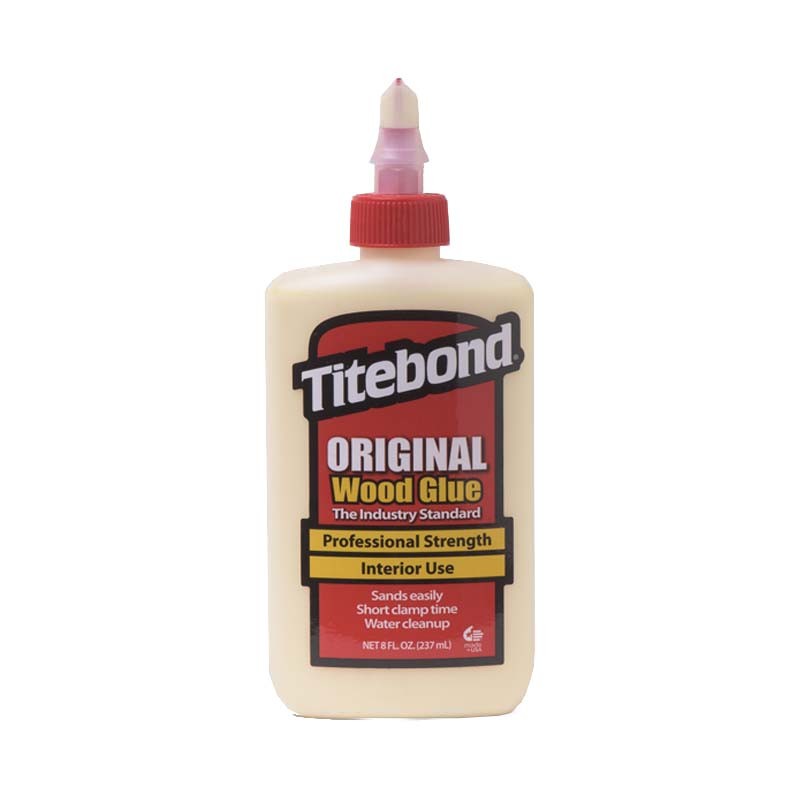When it comes to DIY projects, gluing wood to plastic may seem like a daunting task. However, with the right adhesive, it can be a straightforward process. In this article, we explore the different types of glue available, their respective properties, and which ones are suitable for gluing wood to plastic.

Types of Glue
There are many types of glue available on the market. However, not all of them are suitable for gluing wood to plastic. Here are some of the most commonly used glues:
1. Epoxy Adhesives
Epoxy adhesives are popular for their strength and durability. They consist of two parts, a resin and a hardener. When mixed together, they form a strong bond that is resistant to water and heat.
Pros:
• Extremely strong bond
• Resistant to water and heat
• Can be used on wood and plastic
Cons:
• Requires mixing
• May not be suitable for small projects
2. Cyanoacrylate Adhesives
Cyanoacrylate adhesives, also known as superglue, are a fast-acting adhesive that creates a strong bond within seconds.
Pros:
• Fast-acting
• Easy to apply
• Can be used on wood and plastic
Cons:
• Not as strong as other adhesives
• May be difficult to remove if applied incorrectly
• May not work on larger projects
3. Polyurethane Adhesives
Polyurethane adhesives are known for their high strength and waterproof properties. They are also resistant to heat and chemicals.
Pros:
• High strength
• Waterproof
• Can be used on wood and plastic
Cons:
• Takes longer to dry
• Can be difficult to remove if applied incorrectly
4. Contact Cement
Contact cement creates a strong bond between wood and plastic. It is ideal for larger projects that require a lot of adhesion.
Pros:
• Strong bond
• Can be used on wood and plastic
• Works well on larger projects
Cons:
• Strong odor
• May require a well-ventilated area for application
Choosing the Right Adhesive
When it comes to choosing the right adhesive for a wood to plastic project, several things should be considered. First, consider the type of wood and plastic being used. Some adhesives work better on certain types of wood or plastic than others.
Next, consider the strength and durability required for the project. If the project is a small, lightweight item, then a cyanoacrylate adhesive may be suitable. If the project is a larger item or requires a lot of adhesion, then a contact cement or polyurethane adhesive may be better suited.
Before applying any glue, be sure to read the label for its waterproof properties and limitations. Additionally, ensure that the pieces fit together well before applying the glue. Remember, glue is not meant to act as a joint and should only be used to enhance the bond between the wood and plastic.
Conclusion
In conclusion, when looking to glue wood to plastic, it's essential to choose the right adhesive for the job. Consider the type of wood and plastic being used, the strength and durability required, and the adhesive's waterproof properties and limitations. With the right adhesive and proper application, gluing wood to plastic can be a straightforward process that yields a strong and durable bond.